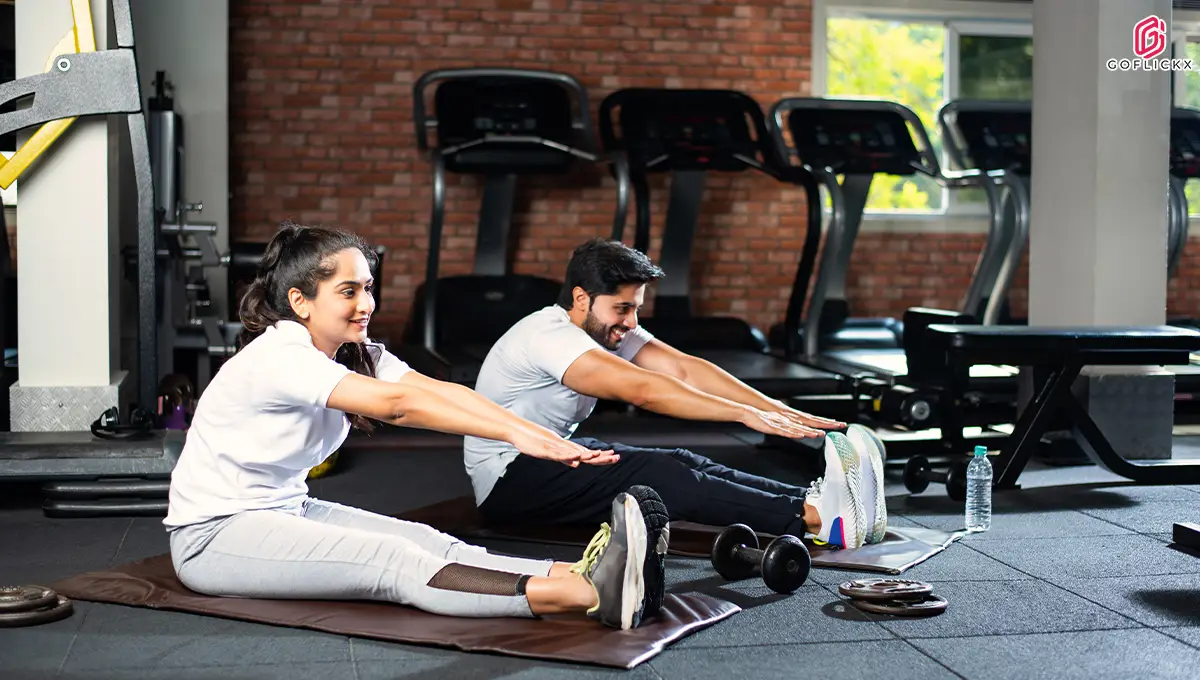Master Fitness Training Exercises the Smart Way Today
When we think about learning, the classrooms and textbooks often come to mind. But here is also a twist: education isn't just about books. The way we move, train, and sweat can also be deeply educational. Yes, fitness training exercises can be your classroom, your workout gear the pen, and your mindset the chalkboard.
MasterClass US often emphasizes that true education is found in unexpected places. With the blend of physical practice with mental learning, here you just don't build muscle you build resilience, focus and discipline. This is the reason why educators, coaches and therapists bring the movement into the instruction space.
How Fitness Training Becomes Education
At its core, every squat, sprint, or stretch is a lesson. While learning patience when a workout feels endless, strategy when balancing the routines and self-discipline when you push through one more rep. Just think of it as school for both the body and the brain.
One interesting connection comes from the foundations of sport and exercise psychology. This field shows us how mental strength is just as important as physical ability. Students who understand motivation, stress management, and focus often perform better not only on the field but also in life’s bigger challenges. It’s the kind of insight that MasterClass US often highlights, bridging mindset with skill-building.
Learning Through Fitness
|
Fitness Training Exercise |
What It Teaches Beyond Fitness |
|
Push-ups |
Persistence and patience |
|
Running drills |
Goal setting and pacing |
|
Boxing routines |
Focus and quick decision-making |
|
Weight training |
Discipline and structured effort |
|
Mental toughness drills |
Stress control and resilience |
The Blend of Mind and Body
Let’s not forget how specialized practices bring depth to this educational journey. Take boxing classes for beginners, for example. On the surface, you’re throwing punches. But look deeper, you’re learning coordination, emotional control, and respect for discipline. That’s textbook education, minus the chalk dust.
Or imagine working with a personal running coach. Sure, you’ll improve your stride. But along the way, you’ll also learn about consistency, pacing, and how small habits compound into big wins. Isn’t that the same principle your math teacher was trying to explain about compound interest?
A big player in this educational approach is the sports mental therapist. They guide individuals in using mental strategies to improve both physical performance and emotional well-being. It’s therapy, yes, but also a masterclass in self-awareness and self-regulation.
And we can’t miss out on mental toughness exercise. From breathing techniques to visualization, these aren’t just sports hacks, they’re lessons in resilience that every student, athlete, or professional can apply when life gets overwhelming.
Weight Training for Weight Loss: A Hidden Curriculum
Beyond numbers on the scale, weight training for weight loss teaches structure. Reps, sets, rest periods, these are time management lessons in disguise. Following a routine builds accountability. Students who commit to this kind of program often find themselves applying the same discipline to studying or managing their daily lives.
Boxing Classes for Beginners: More Than Punches
Stepping into the ring isn’t just about gloves and jabs. It’s about controlling your nerves, respecting your limits, and listening to instructions with precision. Boxing classes for beginners prove that even a single sport can serve as a powerful classroom where confidence and resilience are the real subjects. It’s exactly the type of educational metaphor MasterClass US thrives on, where practice meets philosophy.
Fitness as the Teacher
When we frame workouts as lessons, the connection between fitness training exercises and education becomes clear. Every drop of the sweat tells a story of the persistence, where versatility and growth are important. This is more than staying fit, it's shaping the mindset that truly prepares us for life.
So next time you’re dreading burpees, remember, you’re not just exercising; you’re learning. And who knows, maybe your toughest workout is the teacher you never knew you needed. MasterClass US would agree: the best lessons don’t always come from books, but from how we challenge ourselves in the real world.
FAQs
Q1. Can fitness training exercises improve focus in students?
Yes! Regular physical activity boosts blood flow to the brain, which sharpens focus and helps students absorb academic lessons better.
Q2. How does exercise psychology connect to education?
Through the foundations of sport and exercise psychology, students learn motivation, resilience, and emotional regulation, skills useful in learning.
Q3. Are beginners’ boxing classes safe for students?
Absolutely. With the right instructor, boxing classes for beginners are structured, safe, and designed to teach discipline along with physical skills.
Q4. Can weight training be part of a learning program?
Yes, weight training for weight loss teaches structure, patience, and discipline, life lessons that align perfectly with education.
